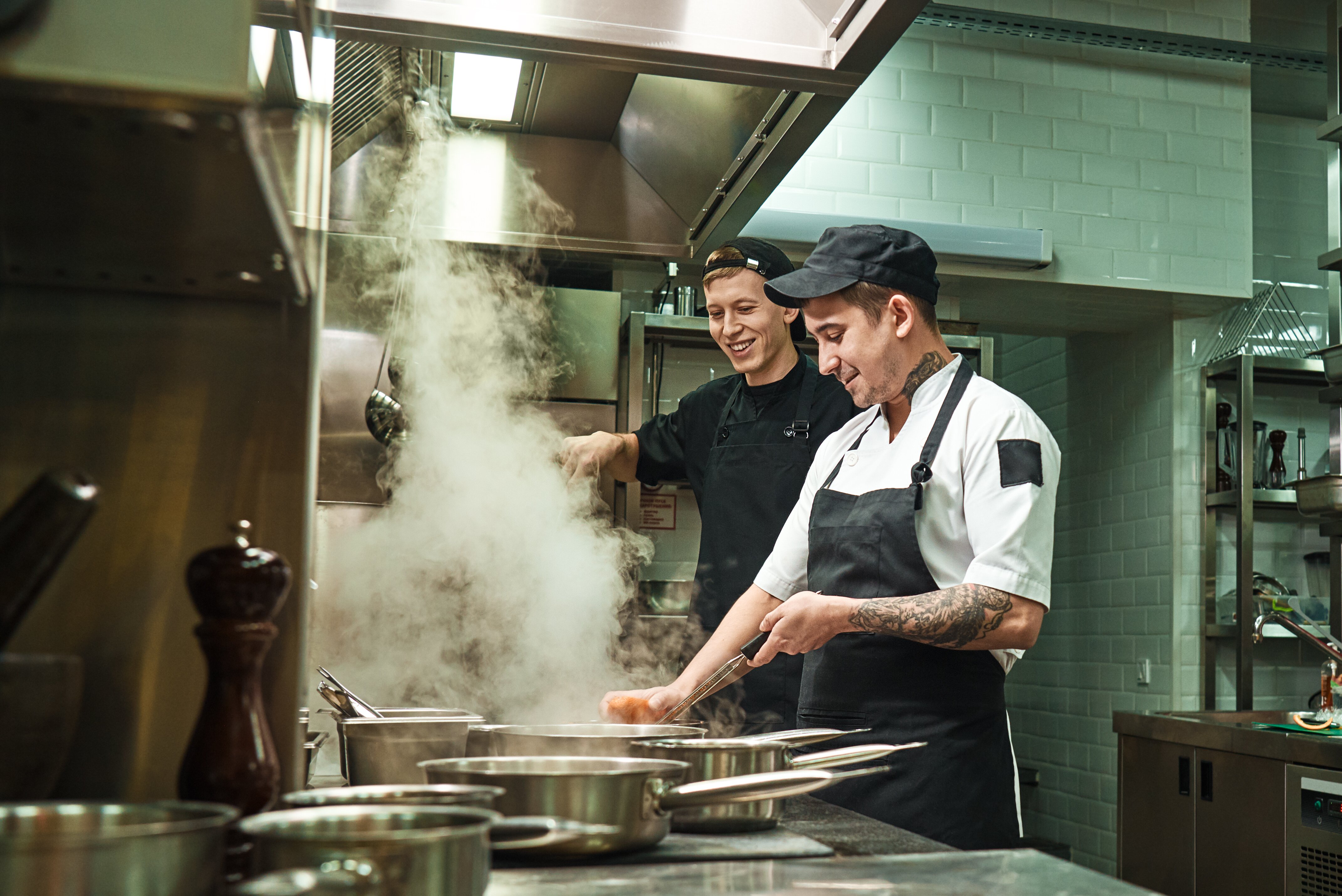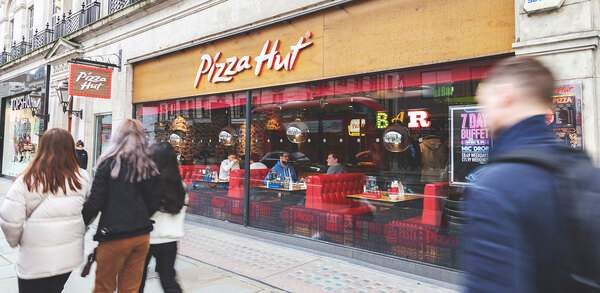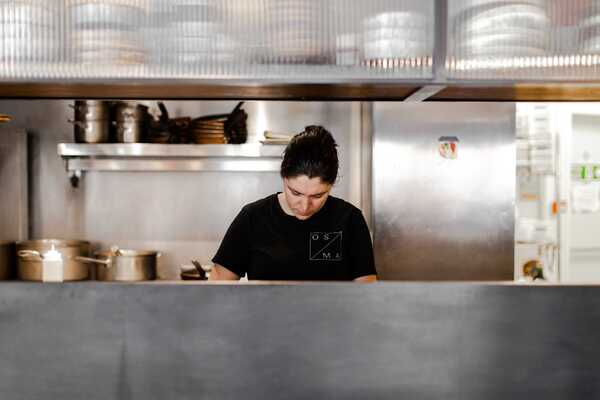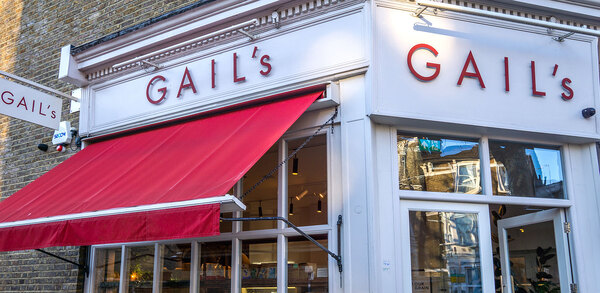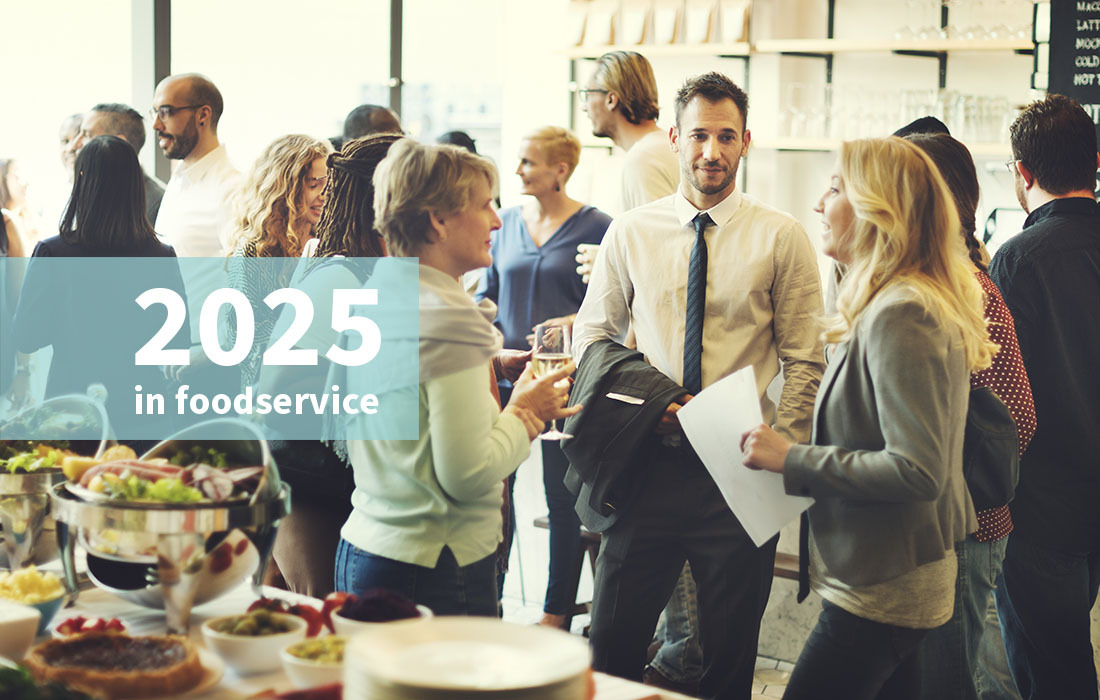The route to wellness at work
Following shocking statistics around drug abuse published by The Caterer last week, where more than half blamed working hours, stress and workplace culture as contributing factors, Katherine Price looks at how businesses are prioritising staff wellbeing
“It’s a bit of a cliché to say look after your staff and they’ll look after your guests, but it’s still true,” says Philip Addison. Addison, who spent 18 years working at Accor, including as vice-president of HR, has launched his own consultancy, Learn Resilience, to help organisations develop compassionate workplaces where employees feel comfortable discussing their mental health and have the skills to cope with the daily pressures of a hospitality environment.
According to research by the Royal Society for Public Health (RSPH), published in its report Service With(out) a Smile?, 62% of hospitality workers don’t think the sector takes care of its employees.
The Caterer’s drugs in hospitality survey, published last week, found that around 64% of responders regularly see evidence of drug use by colleagues in the workplace, and 51% listed working hours, stress and workplace culture as factors that they believe lead to employees regularly abusing drugs at work.
If that’s not enough food for thought, following the announcement of the government’s EU immigration plans last month, with potentially damning repercussions for the hospitality industry, operators should be doing all they can to attract and retain talent, with looking after staff wellbeing not just the right thing to do but a higher business priority than ever.
A compassionate culture
Around the turn of the new year, several hospitality- specific, wellness-focused businesses, campaigns and resources have been launched to help the sector improve how it looks after its staff. But they’re not necessarily all about offering meditation and yoga.
Addison points out that simply creating a compassionate working culture is a significant and positive change. In the RSPH study’s 10 most common examples of mistreatment at work, nine were incidents within the control of businesses and managers, such as verbal abuse from manages and co-workers, insufficient breaks and unfair distribution of tips.
“I’ve seen plenty of examples in hospitality establishments where there’s a notice on the wall stating that they won’t tolerate abuse of their staff by customers, but I’m yet to go into an organisation that has a sign up in the staffroom saying the same about abuse by managers,” says Addison.
Inspired by the RSPH report and his own experiences, Addison’s approach is helping employees act on emotional problems early on and break down the stigma in workplaces around mental health.
He says: “If we can have a mature, sensible conversation around mental health, maybe there are a number of things that can be put in place – adjustments, part-time work – that will help the individual not go into a downward spiral.”
Find your happy place
Andrea McKay and Pamela Carvell, who have around 45 years’ combined experience in hotel sales and marketing, have developed a workplace wellness programme for hospitality workers based on neuro-linguistic programming. Carvell acknowledges the difficulty hospitality faces is how to address the needs of a diverse workforce, many of whom do not work the usual nine to five and have very different needs to the usual office worker.
“It’s fine saying you should sit down to eat your lunch, but if you’re behind the reception desk, you can’t go off and get a nice healthy salad and sit down,” she points out. “There’s a lot of yoga and gym memberships around, but Andrea and I felt they weren’t really helping the people who work in hospitality be happy, content or feel well in themselves,” adds Carvell.
Their programme focuses on enabling people to take more control over their emotions and creating a ‘happy place’ for themselves mentally, even in busy situations, so they are able to stay calm and react to change effectively.
Healthy Hospo founder Tim Etherington-Judge says the 24/7 nature of hospitality is an isolating aspect that is not often discussed: “Society is set up for people who work nine to five, so when you don’t, you isolate yourself , and lots of people have problems seeing their friends and family outside of the industry. Loneliness can be a big problem,” he says.
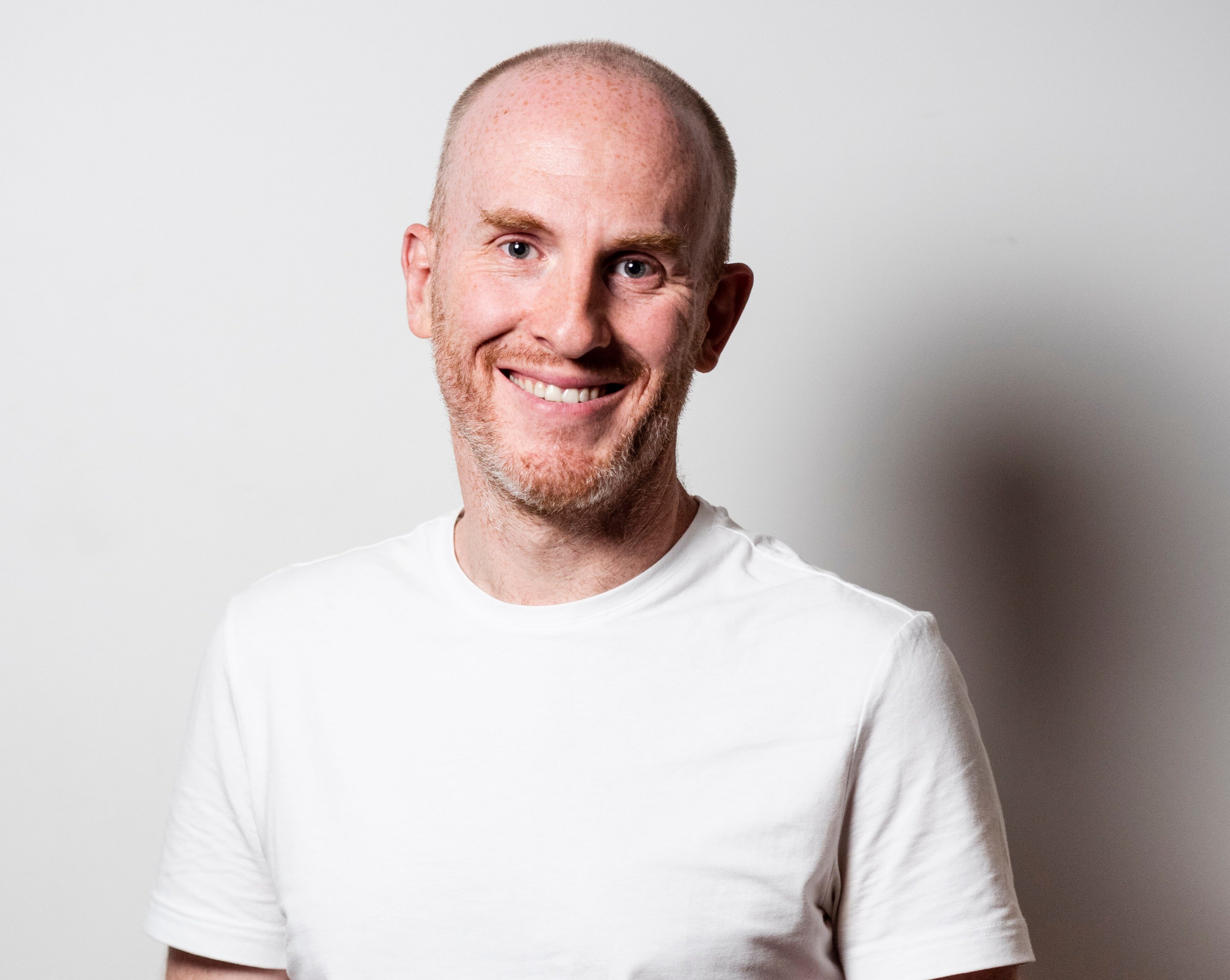
After running workshops and events for the past two years that are focused on improving the mental and physical health of the industry, the business has partnered with Small Batch Learning to launch two of its training courses online, to reach a wider audience than they could ever reach through physical training.
Etherington-Judge points out that small and medium-sized enterprises make up about 70% of the British tourism and hospitality industry, and therefore don’t necessarily have the budget to offer health and wellbeing sessions.
“The industry will never be the healthiest industry in the world, but we believe it can be a hell of a lot better than it is now,” he says. “I see a lot of people talking around health and wellness, but what we need now is operators actioning that.”
Flexible or bust
Alex Head, founder of event caterer Social Pantry, which employs 90 people and operates Soane’s Kitchen restaurant in London’s Ealing, says a culture of wellbeing is now “a must have” for businesses.
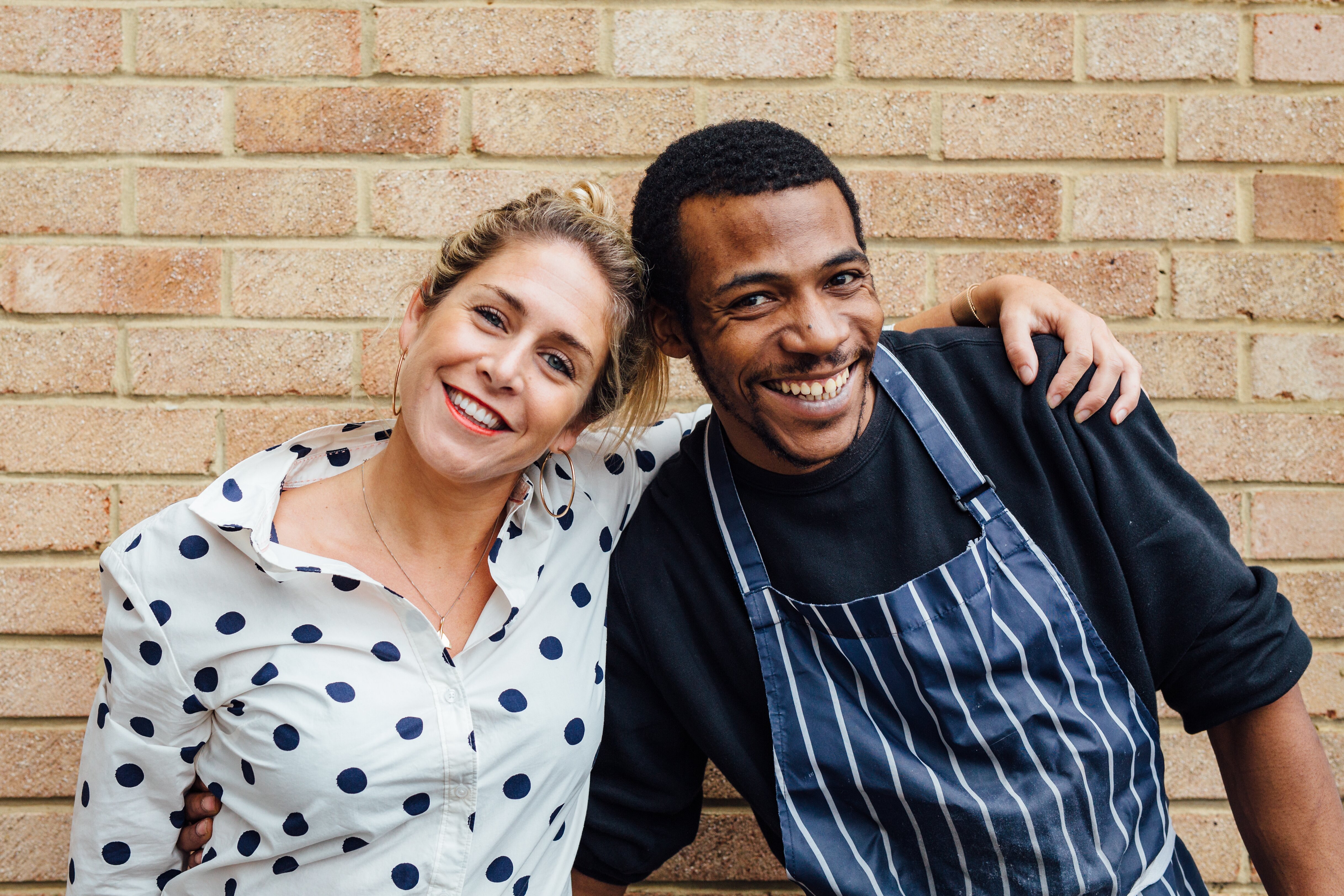
She says: “I realised that, as a small business, I had to quickly get up to speed and make sure we were going above and beyond what these big companies could offer. It’s not just the pay packet – it’s everything in addition to that.”
The culture at Social Pantry is nurtured through ‘lock-in lasagne’ socials, one-hour wellness sessions, a ‘no emails on holiday’ policy, and career mapping and cross-training.
The company also held a free Employee Wellbeing Summit last month, attended by more than 100 HR managers, personal assistants and office managers. Head says flexible working was particularly identified as key to attraction and retention, stressing that flexible working arrangements are necessary to many people for different reasons, whether that is for childcare or probationary reasons (approximately 10% of Social Pantry’s workforce are ex-offenders). Without it, she says, many of her staff wouldn’t be able to do the job: “If you’re not dynamic as an employer, you will lose these staff.”
Soho House is another employer taking a proactive approach to staff wellbeing. Diversity and inclusion manager Emma Perfect says that while there are “inherently more challenges” to look after hospitality employees who may have a particularly diverse range of needs and shift patterns, she insists, “it’s not so different in terms of caring for people. Everybody needs sleep, exercise, breaks, and the ability to talk about what’s bothering them.”
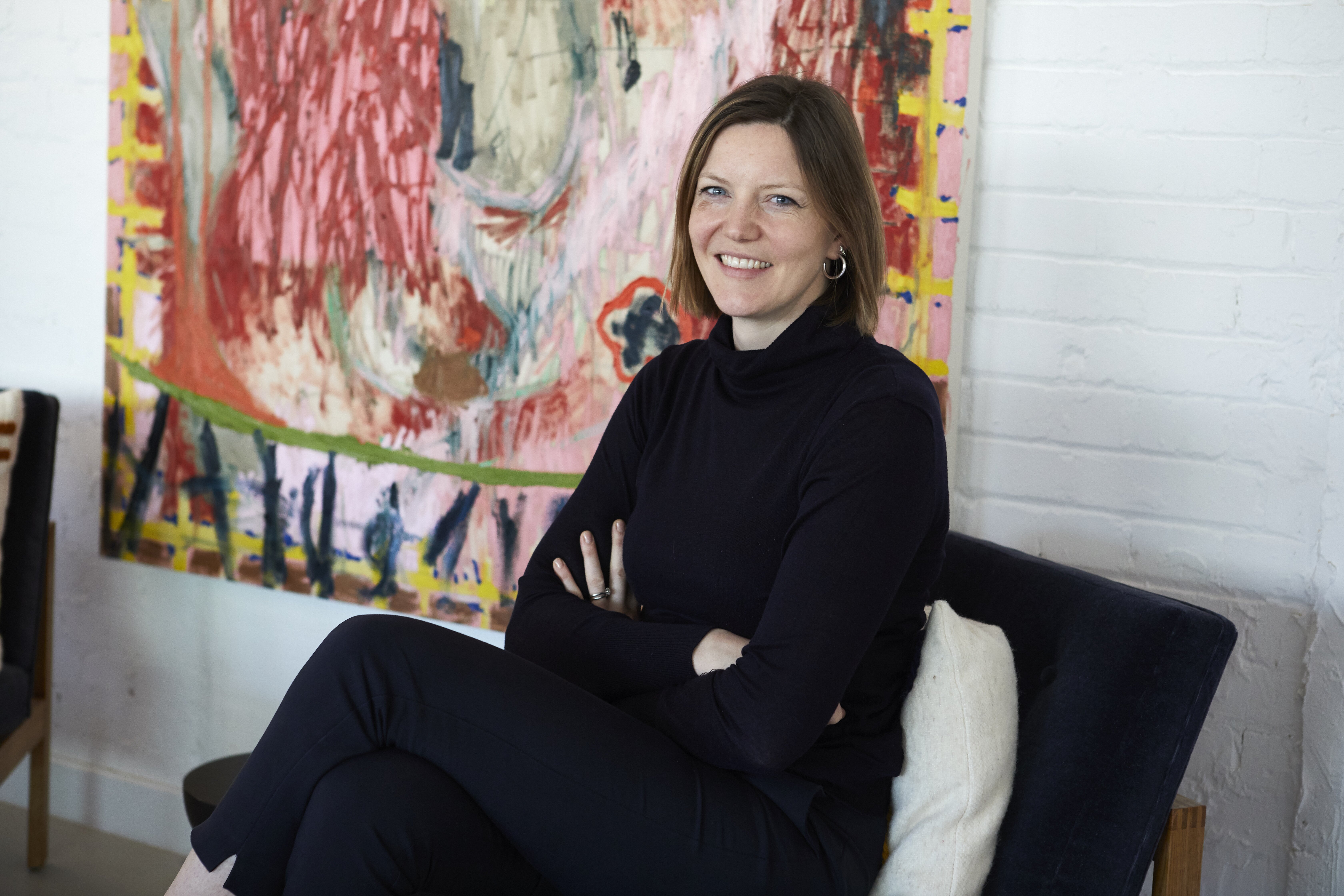
Benefits include yoga classes, gym memberships, Cowshed spa treatments, well being coach sessions and a ‘wellbeing space’ at its 180 Strand site, which employees can use for prayer, meditation or just a quiet moment.
Sessions are scheduled to suit different people on different shift patterns. However, she acknowledges that such initiatives don’t directly tackle the daily issues and pressures staff face, so the main priority for her is mental health. The business trained more than 80 mental health first aiders across the business last year and is also working with partners including chef mental health campaign Pilot Light.
Soho House has also introduced wellness action plans to encourage managers to focus not just on a person’s performance but also how they’re doing. Perfect says the goal is a holistic approach that puts staff wellbeing at the core of operations from day one. “If you just do the occasional gong bath, that is not solving the problem,” she says.
First aid for all
Former Kricket Brixton head chef Tobie-Anna Durk says the long, unsociable hours of hospitality can lead to a lack of sleep and time for employees to look after their own wellbeing. Mental health problems can be further exacerbated by instances of bullying and harassment and exposure to drugs and alcohol.

“Businesses are often struggling to make ends meet and don’t have the time, money or resources to invest in the mental health and wellbeing of their staff,” she says.
“A lack of mental health training and policies in hospitality workplaces also contributes to poor mental health.”
Durk set up the Kelly’s Cause Foundation last year to train hospitality workers in mental health first aid, following the suicide of the friend and chef after whom she named the foundation.
Kelly’s Cause offers two-day mental health first aider, oneday mental health champion and half-day mental health aware courses, where participants learn practical skills to spot the signs of mental health issues, including depression, anxiety, self-harm, eating disorders, and drug and alcohol misuse.
The foundation has so far trained 32 people, with a target of 300 mental health first aiders and champions by the end of 2020.
Durk hopes to eventually have at least one mental health first aider in all hospitality businesses across London.
Kelly’s Cause is also partnering with the Compass Project, an initiative set up by David Paulin, which is training 16 London pub workers in mental health first aid later this month.
Paulin, who works at the Queen’s Arms in Walthamstow, felt the need to train bar staff in mental health first aid after observing mental health difficulties both in front of and behind the bar: “I thought there must be some way to train up staff members so that they do know what to do in these cases,” he says.
“The way you can be treated as a staff member in a pub – especially by someone who’s taken alcohol – if you’re already down and telling yourself you’re worthless and nobody cares about you, then we need to really seriously think how that can affect someone’s mental health.”
Addison emphasises the importance of organisations being clear on the role of mental health first aiders, managers and HR. “Mental health first aiders are not therapists,” he says. “They need to be a colleague that someone can talk to, but they need to understand when to pass on the issue and need a support mechanism around them”.
While the options available to hospitality businesses to improve how they look after their staff are myriad, making a culture change can come down to simply instilling compassion in a workplace environment, whether there are problems or not.
Addison says: “If you remove the stigma around mental health and make people feel that they can talk about it and that your organisation will deal with them in a compassionate way – what better culture can you have?”
Service With(out) a Smile?
A study by the Royal Society for Public Health last year found that 84% of hospitality workers reported increased stress, believed to be a direct consequence of their job, and 74% have experienced verbal abuse from a customer. However, only around 10% had received training to support health and wellbeing, or access to mentoring or mental health first aiders.
Hours at Hawksmoor
Hawksmoor, Restaurateur of the Year – Group winner at the 2019 Cateys and shortlisted in The Caterer’s Best Places to Work in Hospitality 2019 survey, offers paid taxis for staff after closing-up, self-defence classes, flexible working, and its rota system monitors working hours closely. If a member of staff works more than 52 hours a week for two weeks in a row, this is flagged to management as an issue.



